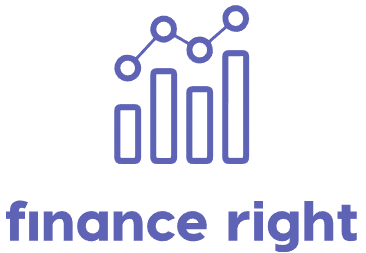Sustainable investing, also known as responsible investing, ESG (Environmental, Social, and Governance) investing, or impact investing, represents a paradigm shift in the investment landscape, where investors seek to generate financial returns while also making positive contributions to society and the environment. By integrating environmental, social, and governance considerations into investment decisions, sustainable investors aim to balance profit with purpose and drive positive change across industries and sectors. Let’s explore the concept of sustainable investing and how it navigates the delicate balance between financial returns and social impact.
- Defining Sustainable Investing:Sustainable investing refers to an investment approach that incorporates environmental, social, and governance (ESG) criteria into investment analysis, portfolio construction, and decision-making processes. Sustainable investors seek to align their investment strategies with their values, beliefs, and sustainability goals by investing in companies, projects, or funds that demonstrate strong ESG performance, ethical business practices, and positive societal impact.
- Environmental Considerations:Environmental considerations focus on the impact of businesses and investments on the natural environment, including issues such as climate change, resource depletion, pollution, and biodiversity loss. Sustainable investors may favor investments in companies that prioritize environmental sustainability, renewable energy, energy efficiency, carbon footprint reduction, and sustainable resource management, while avoiding industries with significant environmental risks or negative environmental footprints.
- Social Factors:Social factors encompass a wide range of social and human rights issues, including labor practices, human rights, diversity and inclusion, community engagement, and social justice. Sustainable investors evaluate companies based on their treatment of employees, supply chain practices, community relations, product safety, and adherence to labor standards and human rights principles. Investments in companies that promote social equity, diversity, and fair labor practices are often favored by sustainable investors seeking to make a positive social impact.
- Governance Practices:Governance considerations focus on the governance structures, policies, and practices of companies, including board composition, executive compensation, transparency, accountability, and ethical leadership. Sustainable investors assess corporate governance practices to ensure alignment with shareholder interests, mitigate governance risks, and promote ethical behavior, integrity, and responsible business conduct. Investments in companies with strong governance practices and transparent disclosure are valued for their commitment to accountability and shareholder rights.
- Financial Performance and Returns:Contrary to the misconception that sustainable investing requires sacrificing financial returns for social impact, numerous studies have shown that integrating ESG factors into investment analysis can enhance risk-adjusted returns and long-term financial performance. Companies with strong ESG profiles are often better positioned to manage risks, capitalize on opportunities, and generate sustainable growth over the long term, leading to competitive advantages, lower costs of capital, and enhanced shareholder value.
- Measuring Impact and Effectiveness:Measuring the impact of sustainable investments and assessing their effectiveness in driving positive change is a complex and evolving process. Sustainable investors use a variety of metrics, frameworks, and tools, such as ESG ratings, impact assessments, and sustainability reporting, to evaluate the environmental, social, and governance performance of investments and track progress toward sustainability goals. Transparency, data quality, and standardization are essential for meaningful impact measurement and effective decision-making in sustainable investing.
- Challenges and Opportunities:While sustainable investing offers opportunities to align financial goals with societal and environmental objectives, it also presents challenges such as data availability, standardization, greenwashing, and trade-offs between financial returns and impact. Overcoming these challenges requires collaboration among investors, companies, regulators, and stakeholders to promote transparency, accountability, and innovation in sustainable finance and accelerate the transition to a more sustainable and inclusive economy.

In conclusion, sustainable investing represents a transformative approach to investment management that seeks to balance financial returns with environmental, social, and governance considerations. By integrating ESG factors into investment decisions, sustainable investors can drive positive change, promote sustainability, and create value for society, the environment, and investors alike. As the demand for sustainable investing continues to grow, investors, companies, and policymakers have a unique opportunity to collaborate, innovate, and mobilize capital toward building a more sustainable, equitable, and resilient future for all.





